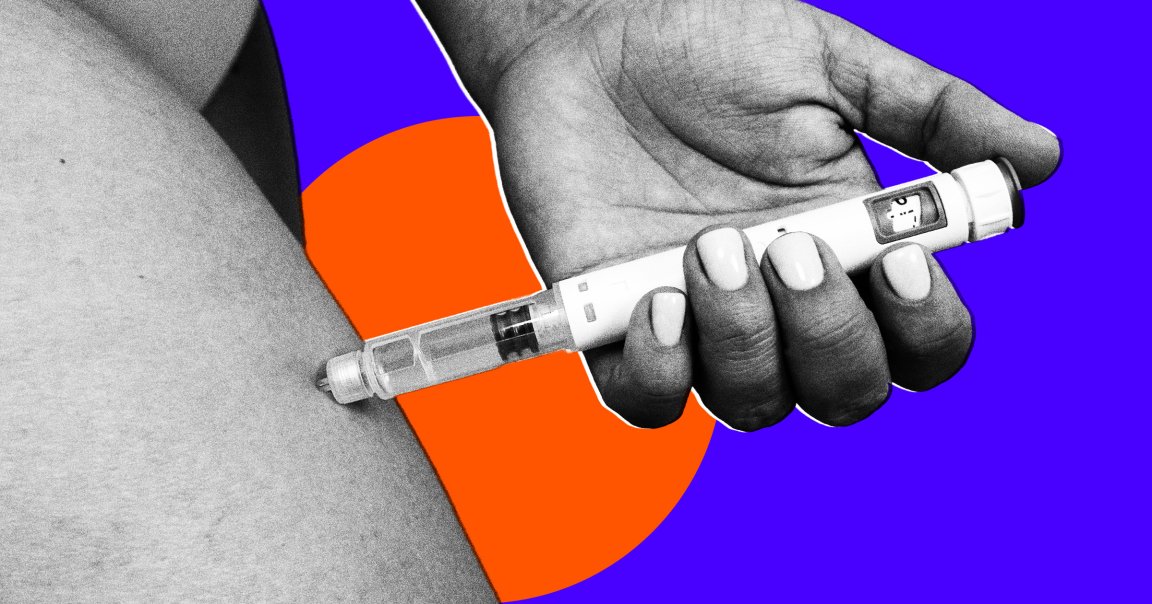
A Canadian woman with type 1 diabetes spent nearly a decade dependent on her glucose monitor and insulin shots — but after a single dose of manufactured stem cells implanted into her liver, she’s now free.
In an interview with CTV, 36-year-old Amanda Smith of London, Ontario described how it felt to be part of such a groundbreaking experiment that has allowed her body to once again produce its own insulin.
“I remember, like, being scared and excited,” Smith said of the study, “and it’s history now.”
Although things are improving for type 1 diabetics, whose pancreases cannot produce their own insulin, the condition still requires ample maintenance and most often results in at least 10 to 12 years being taken off one’s life. Diagnosed at 25 with late-onset juvenile diabetes, the woman said that the prognosis for the disease always felt like a “death sentence.”
“The end is always some sort of complication with diabetes,” Smith said.
After enrolling in the stem cell study, which is the subject of a new paper in the New England Journal of Medicine, all that changed for the Ontario woman.
Smith and 11 other participants on both sides of the border were implanted with special embryonic stem cells, which were altered to grow in the liver and transform into a hormone-producing array of cells that secrete insulin the way a non-diabetic’s pancreas does.
Of that study cohort, 10 of the 12 stopped needing insulin shots for at least a year — and according to Trevor Reichman, the surgical director of the University Health Network in Toronto’s diabetic transplant program and lead author of the paper, the study’s “biological replacements” took hold in seconds.
“In the liver, they’re sensing a patient’s blood glucose level, and they’re secreting the appropriate hormone,” Reichman said of the stem cell implants. “Essentially, it’s the same as your native… cells would function.”
Incredible as these results are, there is a catch: to keep the stem cells working, patients must take immune-suppressing medications so their bodies don’t reject the implanted cells — which means they’ve become more susceptible than most to illness. (Charlbi Dean Kriek, the star of 2022’s “Triangle of Sadness,” had been on immunosuppressants for a decade following a spleen removal when she died of an infection soon after the film came out.)
For Smith, who on August 1 will celebrate her two-year implant-iversary, swapping quality of life for her old insulin shots and the threat of diabetic comas was a no-brainer — even if it means she’s more vulnerable to sickness.
“Taking a couple of pills three times a day is nothing,” she said of her medication regimen. “I take it with breakfast, lunch, and dinner. It’s easy.”
Still, such immunosuppression is no joke. As Reichman told CTV, one of the study cohort patients died, and the culprit may well have been an illness they caught while on said immunosuppressants — which is why the next phase of research will be into stem cell implants that the body won’t reject.
More on diabetes: RFK Jr. Surprised to Learn He’d Cut a Grant For Youth Diabetes Research